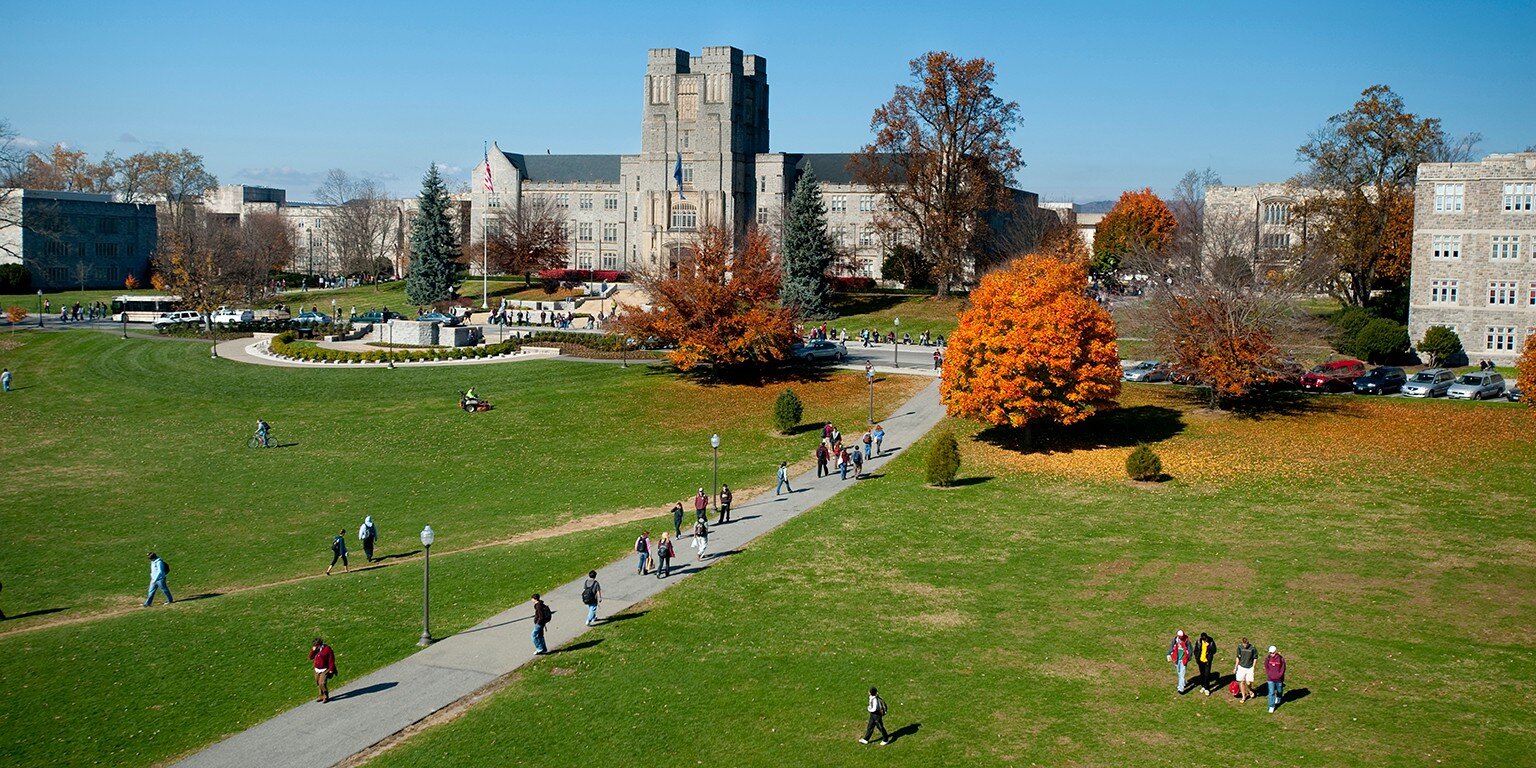
EXHIBIT
THE LAND GRANT SYSTEM
BLACK INCLUSION AND COMMUNITY BUILDING
VIRGINIA TECH'S FUTURE AS A GLOBAL LAND-GRANT UNIVERSITY
In 2015, President Tim Sands and the VT community launched Beyond Boundaries, challenging the Virginia Tech community to look towards the future of the university, “without constraints of today’s perspectives and perceived barriers.” The realization of Virginia Tech as a global land-grant university is among the visions of Beyond Boundaries. In this process, the university is working to prepare students with the knowledge, skills, and experience for success in the global economy. Virginia Tech exposes students to cutting edge technology and research, and provides them the experience they will need in the shifting circumstances of societies globally. The broadening of the university's reach will also help address social inequalities, and help bring technology, and high level research and training to new societies and economies. As a global land-grant, Virginia Tech “has obligations to promote a global exchange of ideas in teaching, research, and engagement that remain grounded in the Morrill Act’s founding missions of supporting underserved places, advancing community-centered prosperity, and expanding access.”
Indeed, Virginia Tech remains inspired by the ideals of the original Morrill Act. While its mission has evolved, the university remains committed to serving as “an engine for social and economic mobility.” In recent years, the university has made great strides to recruit students from underserved and underrepresented communities both domestically and internationally. According to President Sands, the university is close to reaching its goal of having 40% of its entering classes consist of low-income, first-generation, and underrepresented students by 2022.










